From a humble 38-bottle wine cabinet to a £250,000 bespoke luxury wine room, there are many ways for the serious wine lover to safely store their prized bottles at home. Tom Cannavan reports
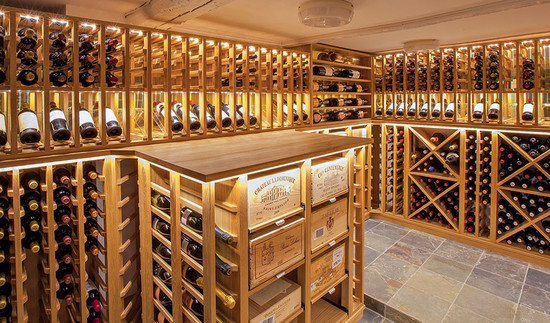
Under the sink, in a garage, under the stairs or in a wardrobe – these really aren’t suitable places for longer-term storage of wine. But thankfully, even those without a natural cellar can access a variety of solutions for safely storing wine at home.
Many factors will influence your decision on which to buy, but one piece of advice was echoed again and again as I talked to both storage-solution providers and collectors: think big. So many of us buy wines for laying down more quickly than we consume them.
Conditions for the ideal storage of wine are: a consistent, cool temperature; some humidity; no direct sunlight; and racking that allows bottles to lay on their sides. Supplier of cellaring equipment, Roy Wilson of Wine Storage Solutions, says: ‘All wines should be stored at 12°C or 13°C to allow them to reach perfect maturity, but temperature fluctuation is also critical. When the temperature rises, it forces air from the bottle; when it drops, the vacuum created draws fresh air in. Over time this is likely to result in oxidation.’
Achieving optimum conditions may be the main reason for creating a specialist storage solution at home, but aesthetic appreciation plays an important part. The world has moved on since Victorian times when wine cellars were constructed with bare brick walls, unsealed floors and a dank, dimly lit atmosphere. Today we demand rather more comfort and more style than that.
Though we may be reluctant to admit it, displaying our collection is important too. If we can’t see them, we may as well leave our most treasured bottles in a bonded warehouse. Stand up the wine lover who doesn’t dream of strolling around their well-stocked cellar with appreciative guests, glass of grand cru Burgundy in hand?
Staying above ground
With modern technology to control temperature, humidity, light and vibration, it’s no longer necessary to go into your basement to create a wine cellar – though you may still have to dig deep in your pocket. The internet is rich in photographs of fabulous, above-ground ‘wine rooms’ that embrace handcrafted luxury and on-trend interior design.
Sorrels Custom Wine Cellars of Essex has evolved over the past decade from making simple wooden racking to creating stunning wine rooms and cellars (having also merged with Carlo Garn, a respected Danish firm of furniture designers). The company works with architects, interior designers and wine experts to create sleek cellars in a variety of materials, from solid oak to cutting-edge acrylic.
Cellar Maison is a London-based firm that also specialises in the bespoke end of wine storage. It can design and build entire wine rooms, or insulated walk-in spaces, with the option of incorporating wine-tasting and entertaining facilities. The designs use premium materials to create stunning wine galleries, which start at £20,000 for a small room, up to £250,000 for the largest, most complex designs. ‘There’s a growing demand to display and store wine collections at home,’ says managing director Andrew Speer – that demand has seen Cellar Maison’s sales increase by 50% in the past 12 months.
From its base in Italy, La Cantina di Paul developed its luxury wine room offering as an extension of an existing, high-end cabinetmaking business. ‘The idea was to bring the wine cellar from the basement to a place where it could be enjoyed with friends,’ says partner Roberto Arne. The company’s solid wood, hand-engraved wine rooms have also proved popular in other markets, particularly Russia, the US and Middle Eastern countries.
Both new-build and existing properties are suitable for installation of temperaturecontrolled wine rooms; however, with newbuilds it’s often easier to install the services that may be required early on in the build. Existing properties, meanwhile, may need alterations for electrical, insulation and drainage provision.
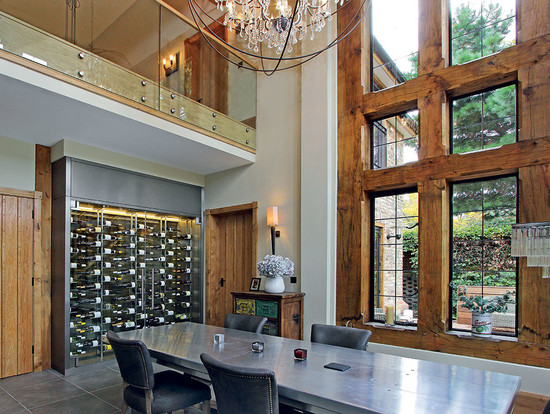
Cellar Maison is also one of a number of suppliers of Wine Cellar Pods, which can be created in a corner of a room. With frameless glass walls, the pods maintain ideal temperature and humidity, while allowing optimum viewing of your collection. UVfiltering glass, or the option of using argon gas-filled thermal glazing, allows these pods to be sited in almost any location.
If you hanker after something more traditional, the Austrian firm of Friedrich Gruber has been building vaulted brick or stone cellars in modern homes and new-builds since 1984. This is the classic face of wine cellar construction, with vast spaces of up to 930m2 possible, built by the company’s own team of masons, blacksmiths and artisans.
Wonder walls
Also booming in popularity are ‘wine walls’. Essentially super-sized, temperature-controlled cabinets that can fill an entire wall, these glamorous installations can have the depth to store wooden cases of wine, and lots of racking to accommodate up to 1,000 bottles. Crucially, they usually have some capacity to display the collector’s most prized bottles side-on, with labels facing the room.
Cellar Maison has seen a growth in wine wall installations, as has Wine Storage Solutions, which says the most popular unit gives a 414-bottle capacity in a ceiling height of 2.4m. ‘We have more functional storage cabinets which are not quite as glamorous,’ says Wilson, ‘but wine walls suit customers who are proud of their wine collection and don’t want to be coy about it.’
There’s no doubt these solutions marry function with form. ‘The popular appeal of wine walls and pods is that we can create a feature display for our clients,’ says Speer of Cellar Maison. ‘Glass walls mean the collection can be admired from the comfort of your entertaining area.’
Wine lover Simon Connell has recently completed a basement conversion in his London home which includes a wine wall installed by Cellar Maison. ‘We added 90m2 through the basement, and the wine wall is a small percentage of that. I wanted to dedicate a lot more,’ he adds, ‘but it was vetoed by the wife!’ As with many collectors, this high-tech home solution supplements in-bond storage, but its aesthetics were part of the draw: ‘We see the wall as a real feature of the room and it gives a wonderful focal point. I inherited a lot of wine when my father passed away and wanted to create something beautiful to look at to honour his memory. I feel it does that.’
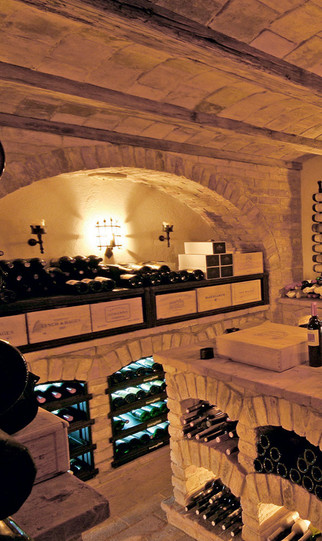
A dedicated overground room to house and display a collection is possible on a lower budget too. Companies like A&W Moore sell everything from simple racking systems and solid wood cabinets up to cellar conditioning units (which humidify and control temperature). DIY enthusiasts can put together their own wine room which may not be so aesthetically pleasing, but could cost a fraction of the price.
Garages and outbuildings seem to be a popular choice of location. James Bercovici of Suffolk rejected cabinets and spiral cellars specifically on grounds of cost, and because he worried that he would outgrow capacity. Within a barn attached to his house, and built against a north-facing wall, he constructed a simple, heavily insulated room. Having monitored temperatures for a year, he decided that any form of cooling was unnecessary.
Going underground
An underground cellar still has appeal for some, however. Running costs are generally zero thanks to the insulating property of the ground itself, and living space is not compromised. An innovative design from Dutch company Weltevree, called the Ground Fridge, is currently being sold in the Netherlands and Belgium, and should become more widely available. A one-piece, walk-in pod made from rigid polyester, it can be sunk into any garden (and dug up and relocated as required), and claims to hold a steady 10°C-12°C temperature year round. Selling for €7,450, it’s certainly an innovation to watch.
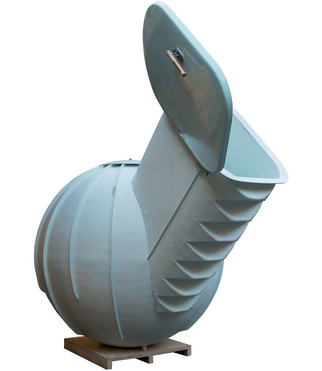
The more established market leader is Spiral Cellars. Though today it offers a full range of wine room, pod and wall installations too, for 35 years the company has installed dedicated wine cellars beneath the homes of more than 3,000 customers. Constructed from engineered concrete, the Spiral Cellar is not classed as ‘habitable’, so other than for listed buildings, planning permission is not required. Holding up to 1,900 bottles, the natural passive ventilation system and excellent thermal properties promise to house your collection in ideal conditions.
Prices for a Spiral Cellar start at around £16,000 fully installed. While they cannot be relocated if you move home, the company suggests they will add value to your property. Paul Dellar of Essex chose this option back in 2006, with a 1,500-bottle capacity. ‘It wasn’t really an investment decision, but more about the convenience of having my collection near.’ Having said that, Dellar reckons he is saving £1,500 a year on professional storage.
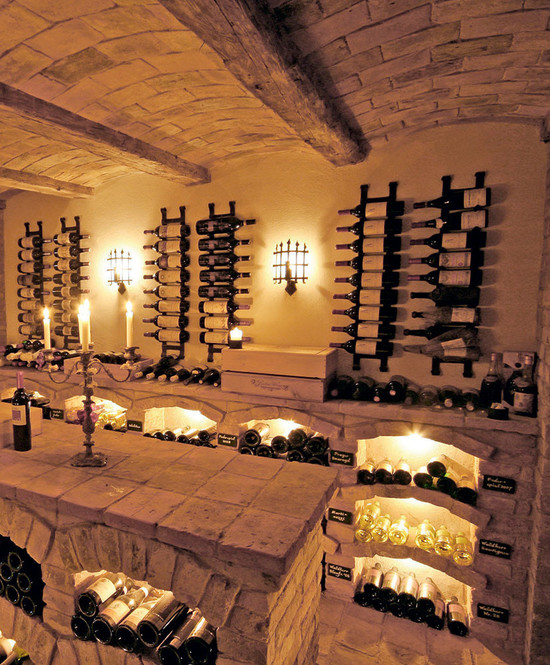
The Spiral Cellar can fit the aesthetic brief too with glass entrance hatches and a variety of finishes. Fiona Love of Spiral Cellars says: ‘We recently installed a cellar at the bottom of a three-storey spiral staircase, so when looking down from the top it appeared as if it was a continuation of the staircase within the home.’ And it appears underfloor heating, an expensive parquet floor or being located in a high water table area does not preclude installation of an underground cellar. ‘It’s rare for us to come across an issue that we haven’t had to deal with before,’ Love adds.
The Cabinet office
The simplest solution for wine storage is a purpose-designed, temperature-controlled cabinet. Once again, options range from the industrial/functional to high-end design. Many brands of wine cabinet are available, but there are a few important factors to consider. Ben Austin is UK general manager for EuroCave, which has been manufacturing and selling wine-storage cabinets for 40 years. So what’s the difference between one of his machines and an ordinary domestic fridge? ‘A wine cabinet replicates the underground cellar environment,’ he said. ‘Our cabinets maintain a constant temperature, have a high humidity level, block UV rays and minimise vibrations. Your domestic fridge is just keeping things cool.’
Capacities range from 38 to 234 bottles, but Austin says the largest is the most popular. ‘As our cabinets are designed to last for 30 years plus, that allows your collection to grow.’ He stresses how crucial it is to know what your cabinet is intended to do: ‘Are you looking for an alternative to wine storage in bonded warehouses? Or do you just want to keep your wines at the correct drinking temperature?’ Different cabinets suit different purposes, so it is best to take advice.
EuroCave has not ignored aesthetics either, with its glass-fronted ‘Revelation’ range, and ‘ShowCave’ cabinets, which tilt bottles so that labels are visible. Prices start at around £1,500.
Cheaper cabinets and wine fridges are supplied by various manufacturers, and have even made their way into big retailers and kitchen-fitting companies – but check their technical specification, and suitability for long-term wine storage.
Tom Cannavan is a writer, broadcaster, author of Wine-pages.com and member of The Wine Gang
Translated by Liu Xiang / 留香
All rights reserved by Future plc. No part of this publication may be reproduced, distributed or transmitted in any form or by any means without the prior written permission of Decanter.
Only Official Media Partners (see About us) of DecanterChina.com may republish part of the content from the site without prior permission under strict Terms & Conditions. Contact china@decanter.com to learn about how to become an Official Media Partner of DecanterChina.com.

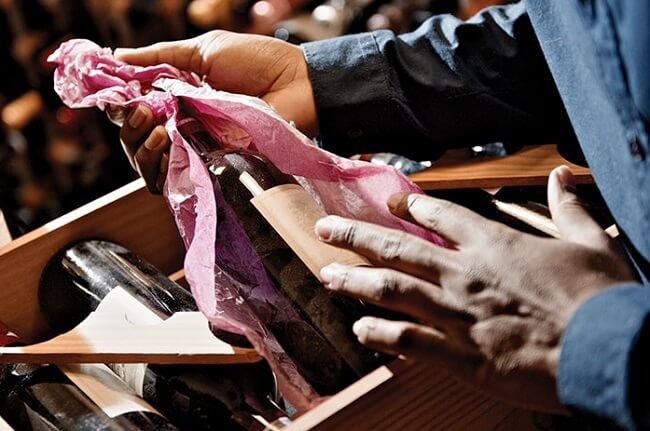
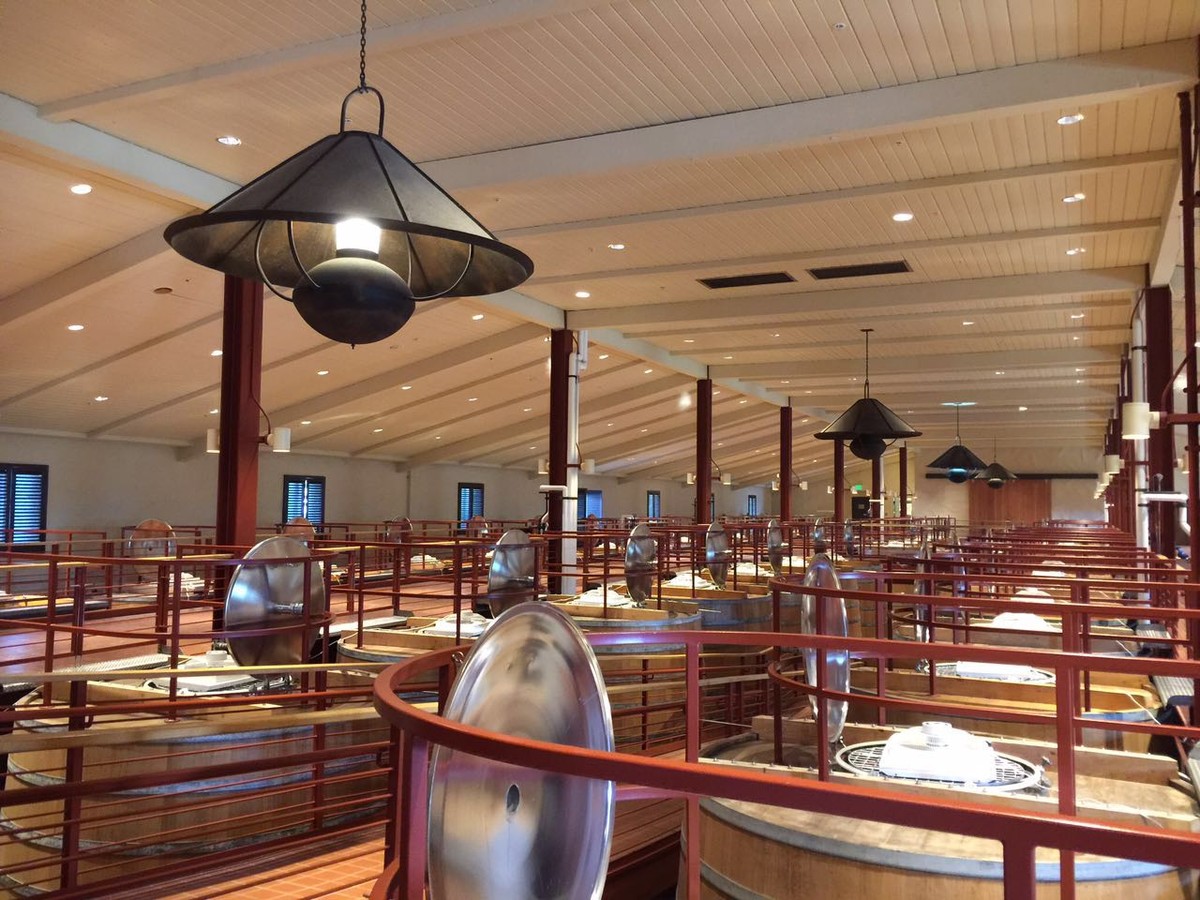
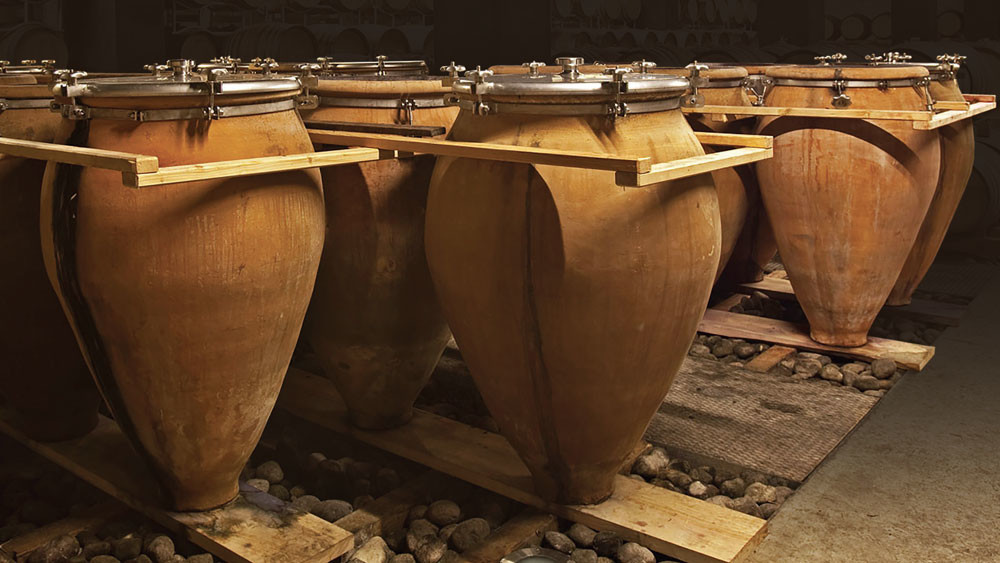

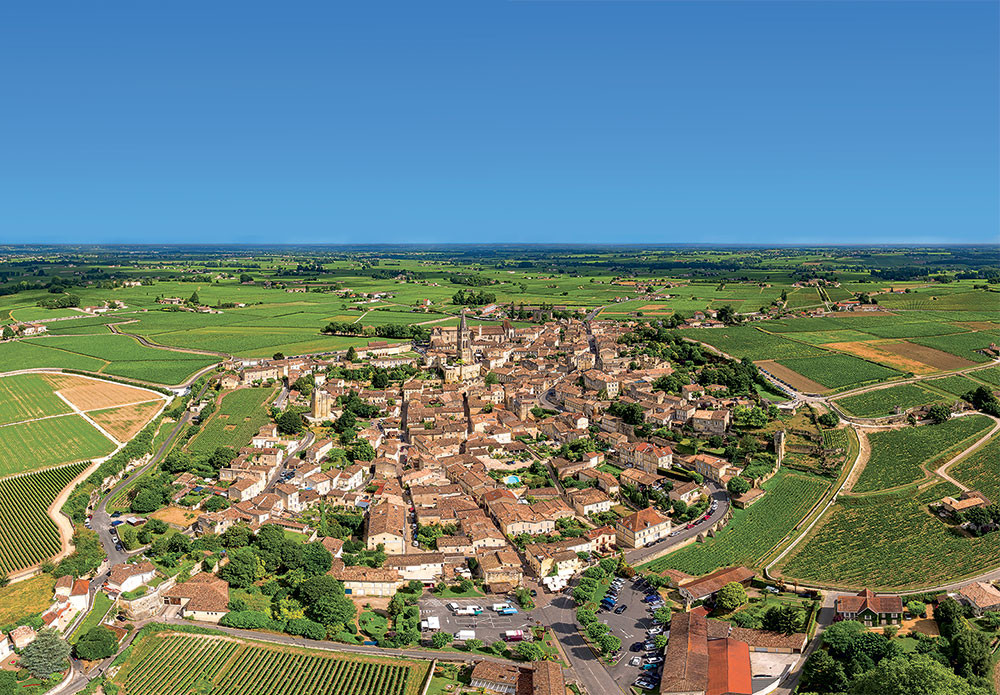

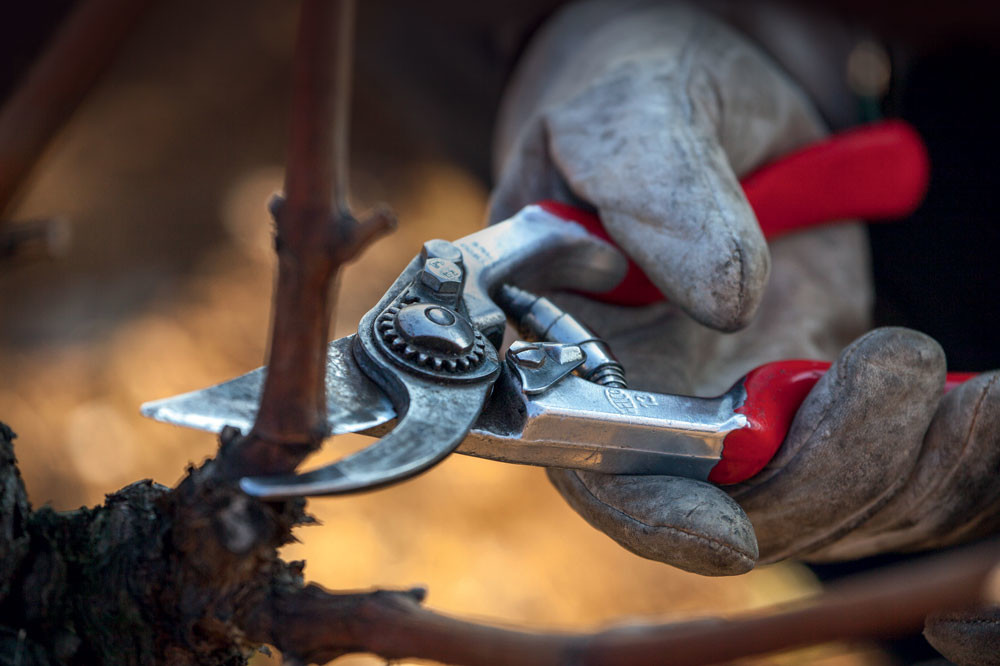


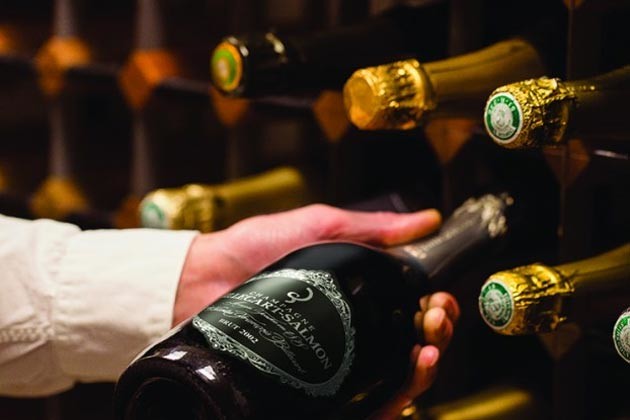
Comments
Submit